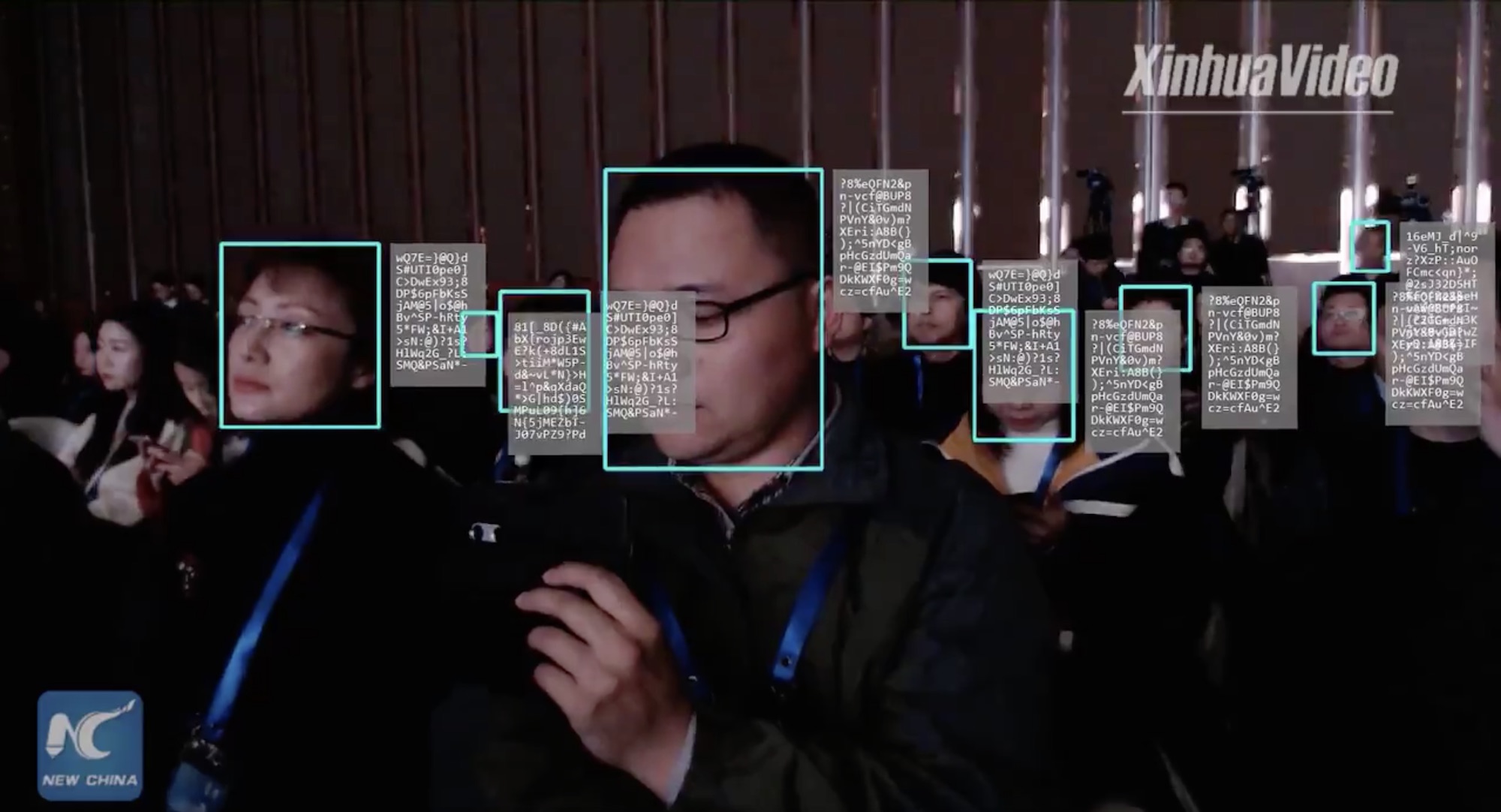
On the heels of billions of yuan of investment burrowed into China’s artificial intelligence scene, China’s state news agency has announced that it is rebuilding its newsroom to emphasize human-machine collaboration.
There are already elements of this in quite a few newsrooms but this is the first announcement (I’ve seen) of a large news org rearranging itself around AI…. https://t.co/oK7pZbj158
— emily bell (@emilybell) January 10, 2018
Xinhua News Agency president Cai Mingzhao said Xinhua will build a “new kind of newsroom based on information technology and featuring human-machine collaboration.” The agency has also introduced the “Media Brain” platform to integrate cloud computing, the Internet of Things, AI and more into news production, with potential applications “from finding leads, to news gathering, editing, distribution and finally feedback analysis.”
The agency’s announcement was sparse on details, but it’s the latest component of a deep push into AI by China. Last week the country announced plans for a $2.1 billion AI development park to be built in the next five years as part of its drive to become an AI world leader by 2030. Google has also committed to putting roots in China’s AI scene by opening a research center in Beijing, with Bloomberg quoting Google’s leader of the center Fei-Fei Li: “It will be a small team focused on advancing basic AI research in publications, academic conferences and knowledge exchange.” Microsoft also announced plans to create their own R&D lab for AI in Taiwan and hire 200 researchers over the next five years, investing about $34 million.
“We saw lots of interest in AI in China, and the sector is moving so fast in the country,” Chris Nicholson, former Bloomberg news editor and co-founder of AI startup Skymind, told Digiday. “Beijing supports AI, while Baidu, Alibaba and Tencent are all getting into AI. The U.S. still has the best AI talent, but there are many good engineers and AI researchers in China as well.”
Moving aside from the global AI armsrace, the reverberations from China investing in AI-media could echo in journalism worldwide. A report out today from the Reuters Institute’s Digital News Project on media trends for 2018 highlights some of the advances that Chinese AI journalism has made already:
Executive Editor of Quartz, Zach Seward, recently gave a speech in China at a conference organised by tech giant Tencent. This was turned into a news story by a combination of AI based speech to text software, automatic transcription, and an automated newswriting programme called Dreamwriter. Around 2,500 pieces of news on finance, technology, and sports are created by Dreamwriter daily.
Machine-translated English version of the machine-written Chinese article about a human speech in English https://t.co/01uICBfTR0
— Zach Seward (@zseward) November 19, 2017
Video of Dreamwriter hard at work on the side of the stage during another speech pic.twitter.com/vWBgwfqKRz
— Zach Seward (@zseward) November 19, 2017
With technology having saturated Western markets much of the opportunity for growth is shifting to markets like China and India. But Silicon Valley giants like Google and Facebook face restrictions in China in particular, leaving Asian tech firms driving new ideas at a relentless pace. Without a computer-based legacy to worry about, this is a part of the world that is able to fully embrace mobile first technologies. Increasingly we’ll be looking to the East for innovations in technology in 2018…
Frederic Filloux, author of the Monday Note, has been paying close attention to Toutiao, an app that uses artificial intelligence to aggregate content from around 4,000 traditional news providers as well as bloggers and other personal content. Toutiao has around 120m daily active users and an engagement time of 74 minutes per day. Newsfeeds are constantly updated based on what its machines have learnt about reading preferences, time spent on an article, and location. Toutiao claims to have a user figured out within 24 hours. In Korea, Naver is also looking to add AI recommendations to its mobile services. Line is another mobile news aggregator that is popular in Korea, Taiwan, and Japan. News aggregators like Flipboard and Laserlike48 have made little progress in the US and Europe. But that could change as Toutiao, leaning on its $22 billion valuation, is looking to move aggressively into the Western countries this year.
Chinese companies aren’t necessarily expanding internationally for an international advertising base; as Axios’ Sara Fischer points out, they’re interested in targeting Chinese nationals who have moved elsewhere but still use the same technology to stay in touch back home.
There are also some concerns about what the Chinese government could do with AI journalism: Nina Xiang, the co-founder of the artificial intelligence-based China Money Network, wondered about the potential security and privacy issues from Xinhua’s innovations. “The Media Brain…will raise significant concerns over the protection of personal data privacy, or the lack thereof. The tie-up between Alibaba and China’s state news agency — the first of its kind — creates an all-seeing digital eye that can potentially access data collected from countless surveillance cameras across the nation, estimated to total half a billion in the next three years, Internet of Things (IoT) devices, dashboard-mounted car cameras, air pollution monitoring stations and personal wearable devices. Whether people will be able to give permission for their data being used, or even know its being used, is questionable,” she wrote.
“To use a simple analogy, this partnership is as if Amazon, Paypal, CBS, News Corp and Fox were all working with state and city governments in the United States to share both publicly and privately collected data for the purpose of monitoring for potential news events anywhere, anytime in real time across America.”While some American organizations are slowly introducing AI to their newsrooms, China’s Xinhua is going all in.